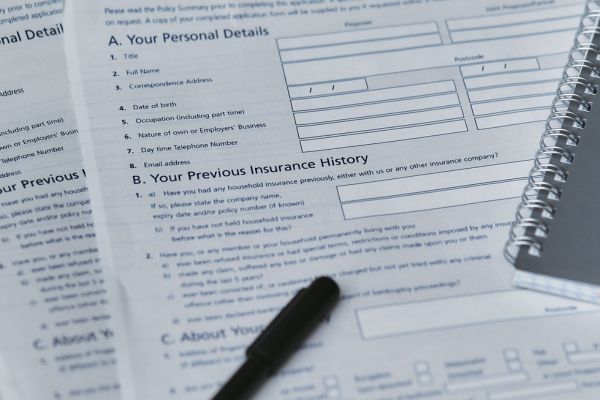Landlord insurance is a crucial component of managing an investment property. Whether you own one rental unit or a whole portfolio, it’s vital to protect your investment against unexpected events.
This article is your ultimate resource for understanding landlord insurance, its importance, and how it can safeguard your rental properties.
The Basics of Landlord Insurance
Landlord Insurance, also known as rental property insurance, is a specialized insurance policy designed for property owners who rent out their homes or apartments. It provides financial protection in case of damage, liability claims, or lost rental income.
It typically covers:
- Property Damage: This includes damage to the structure of the building caused by events like fire, storms, or vandalism.
- Liability Coverage: Protects you if a tenant or guest is injured on your property and sues you.
- Loss of Rental Income: If your property becomes uninhabitable due to a covered event, this coverage compensates for the lost rent.
Why Landlord Insurance is a Must-Have
As a landlord, you may be wondering if this insurance is necessary. The answer is a resounding yes. Here are some compelling reasons why:
- Property Protection: Your rental property is a valuable asset, and Landlord Insurance shields it from various perils, ensuring that your investment remains secure.
- Liability Coverage: Accidents happen, and if a tenant or visitor gets hurt on your property, liability coverage can save you from a potentially costly lawsuit.
- Peace of Mind: Knowing that you have financial protection in place allows you to sleep soundly at night, even when you’re not near your rental property.
- Income Security: Loss of rental income can be a significant financial setback. Landlord Insurance provides a safety net, so you don’t have to worry about income interruptions.
- Legal Requirements: In some areas, Landlord Insurance is mandatory, and failing to have it can lead to legal consequences.
Types
This Insurance comes in different forms, each catering to specific needs. Here are the main types:
- Dwelling Insurance: Covers damages to the physical structure of your rental property.
- Liability Insurance: Protects you in the event of lawsuits related to injuries on your property.
- Contents Insurance: Covers your personal property inside the rental unit, such as appliances or furniture.
- Loss of Rent Insurance: Compensates you for lost rental income due to property damage.
- Umbrella Insurance: Offers additional liability coverage beyond what your primary policy provides.
The Importance of Tenant Screening
Tenant selection is a crucial aspect of being a successful landlord. Before renting your property, you should conduct thorough tenant screening to minimize potential issues. This process includes:
- Credit Checks
- Rental History Verification
- Criminal Background Checks
- Employment Verification
Selecting reliable tenants can reduce the risk of insurance claims and ensure a smooth rental experience.
Conclusion
Landlord Insurance is a vital tool for property owners looking to protect their investments and mitigate risks associated with renting.
It offers peace of mind, financial security, and a safety net when the unexpected occurs. By understanding the basics, types, and importance of landlord insurance, you can make informed decisions to safeguard your rental properties effectively.
FAQs
What factors can affect my Landlord Insurance premium?
Several factors can influence your premium, including the location of your property, the age and condition of the building, and your chosen coverage types.
Is Landlord Insurance tax-deductible?
In many cases, yes. You can often deduct your insurance premiums as a business expense. Consult a tax professional for specific guidance.
How can I save on Landlord Insurance?
Bundling your Landlord Insurance with other policies, implementing safety measures in your rental property, and maintaining a claims-free history can help reduce your premiums.
Does Landlord Insurance cover tenant damage?
It typically doesn’t cover normal wear and tear, but damage caused by tenants’ negligence or intentional acts may be covered.
Is this Insurance required by law?
While it’s not mandatory in all areas, some states or cities may require landlord insurance. Always check local regulations and your mortgage lender’s requirements.
Can I change my Landlord Insurance policy mid-term?
Yes, you can usually make adjustments to your policy, such as increasing coverage or changing deductibles, to better suit your needs.






